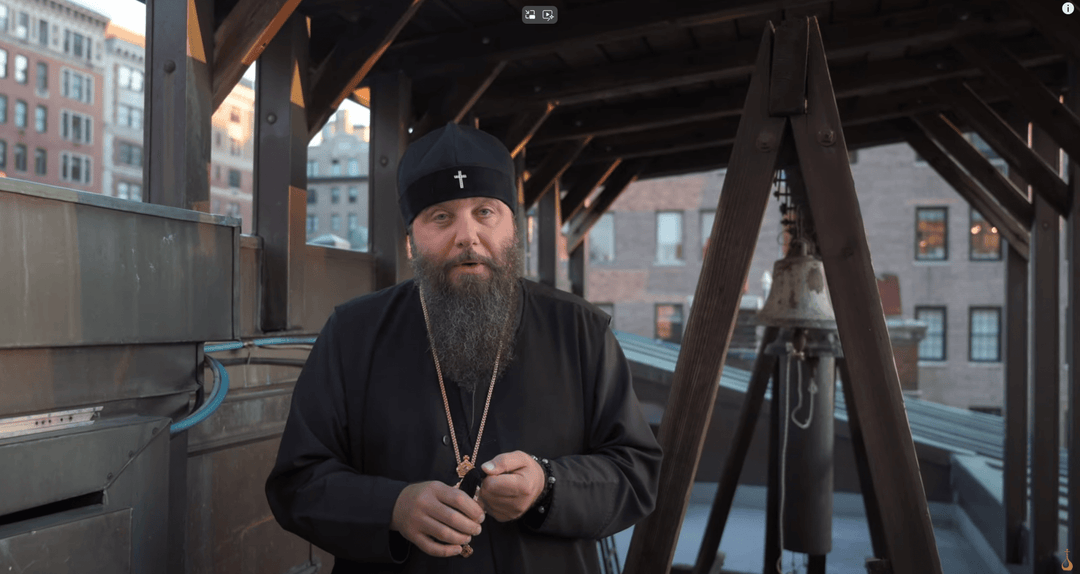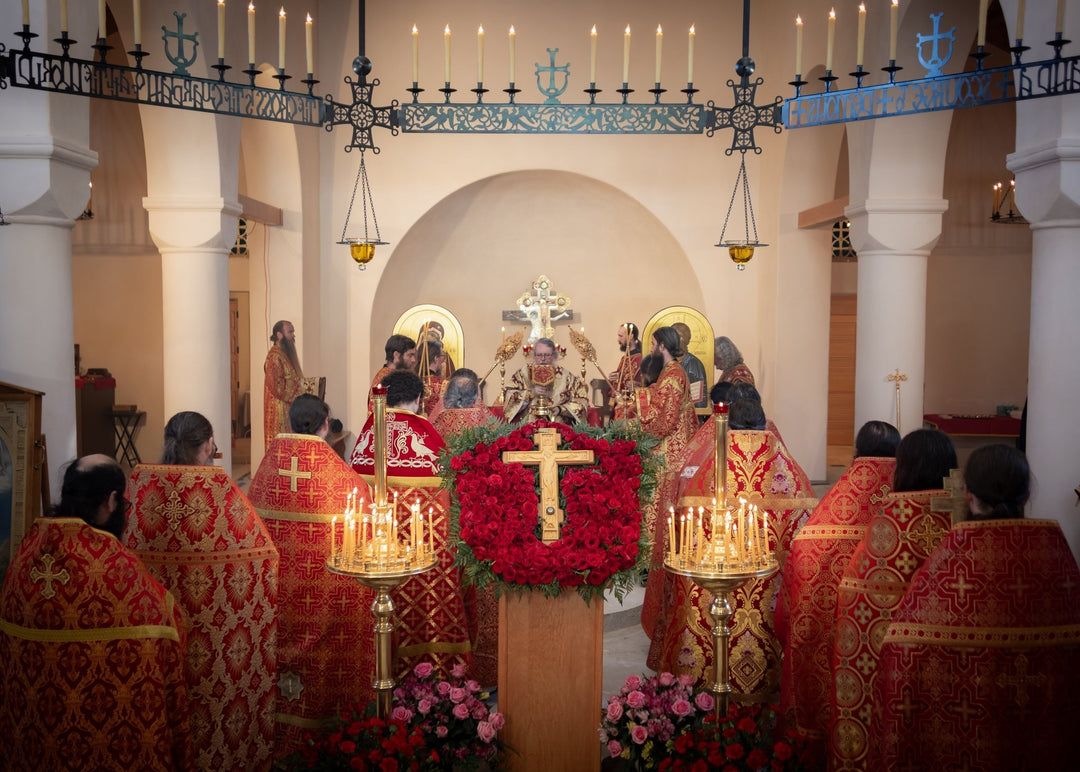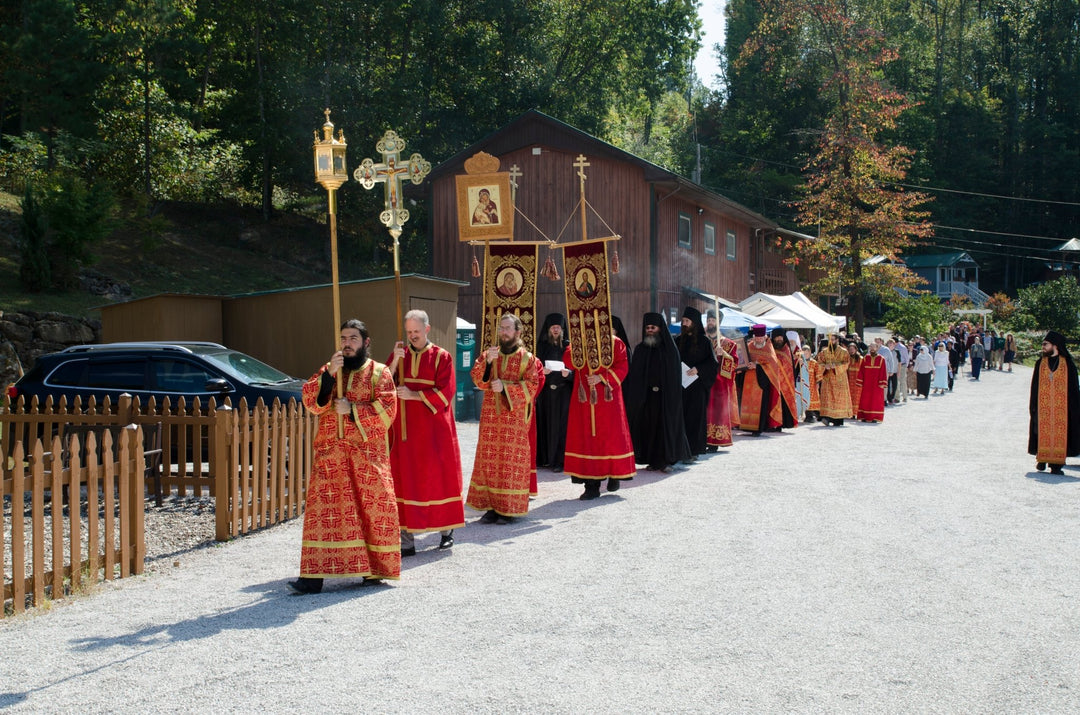Sermons & Homilies
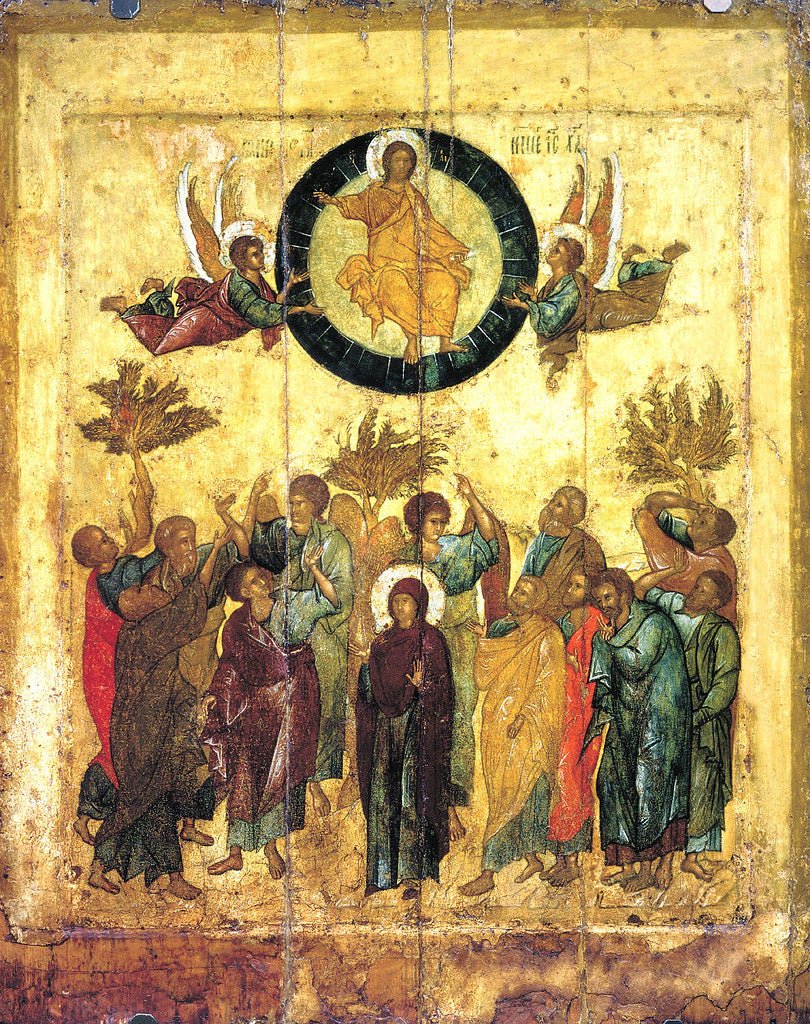
The Ascension of the Lord into Heaven is the culmination of Christ’s life, that life in which our deification is found. The Ascension of the Lord into Heaven is the crown to every other activity within the life of our Saviour because it is the clearest and final revelation of God’s love wherein the second person of the Trinity united Himself to humanity, redeemed that humanity through the Cross and Resurrection, and then raised it up to sit at the right hand of the Father in Heaven.
Continue reading
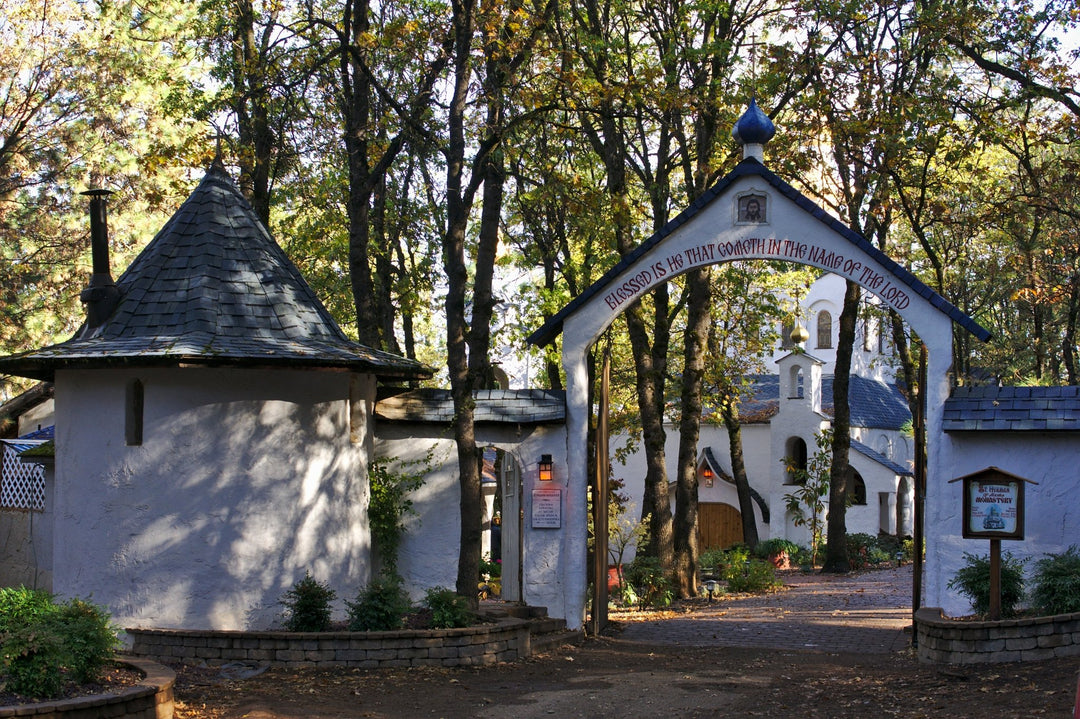
We have reached today the Third Sunday after Pentecost, the third Sunday after the feast on which the Holy Spirit was first poured out upon the apostles of Christ, and the great missionary work of the Church was begun. On the first Sunday after Pentecost we celebrate all the saints who have shown forth throughout the entire world, while the second Sunday is set aside for each local church to keep the festival of its own saints — in our case it is the Sunday of All Saints of the Church of Russia, the church which first brought Holy Orthodoxy to our land, and which still to this day leads and guides us [in the Russian Church Abroad] toward the Kingdom of Heaven as our loving mother. And today, on the third Sunday, we honor the saints who have spiritually labored right here, in our rough American soil, so that the same grace of the Most Holy Spirit which transfigured their own lives would also transfigure the lives of you and I and each and every person around us.
Continue reading
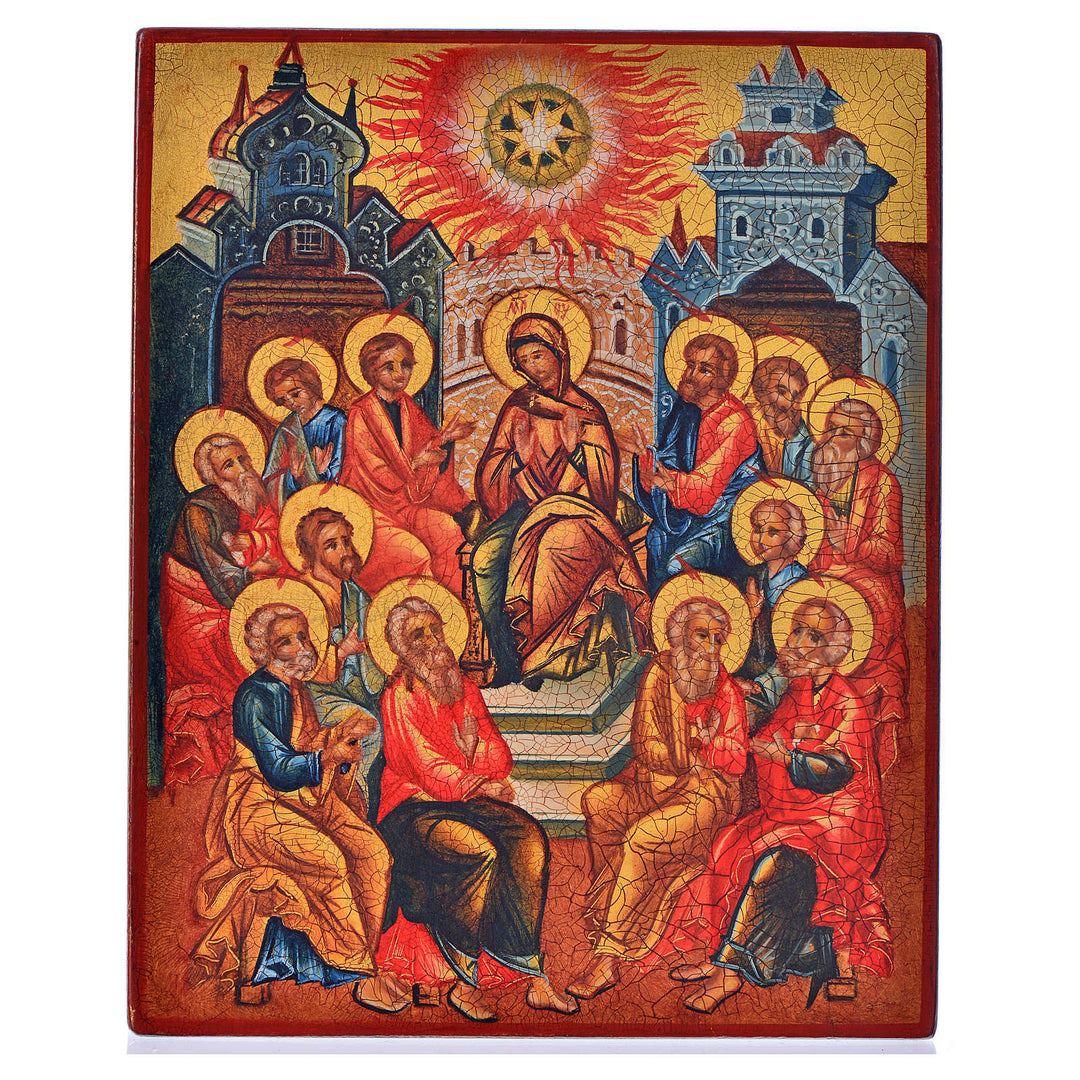
It is the monasteries that show forth the continuation of Pentecost. We are called to manifest the miracle of Pentecost, not simply one or two days out of the week, but evening, morning, and noonday, each and every day of the year. We are supposed to be a truly Pentecostal community.
Continue reading
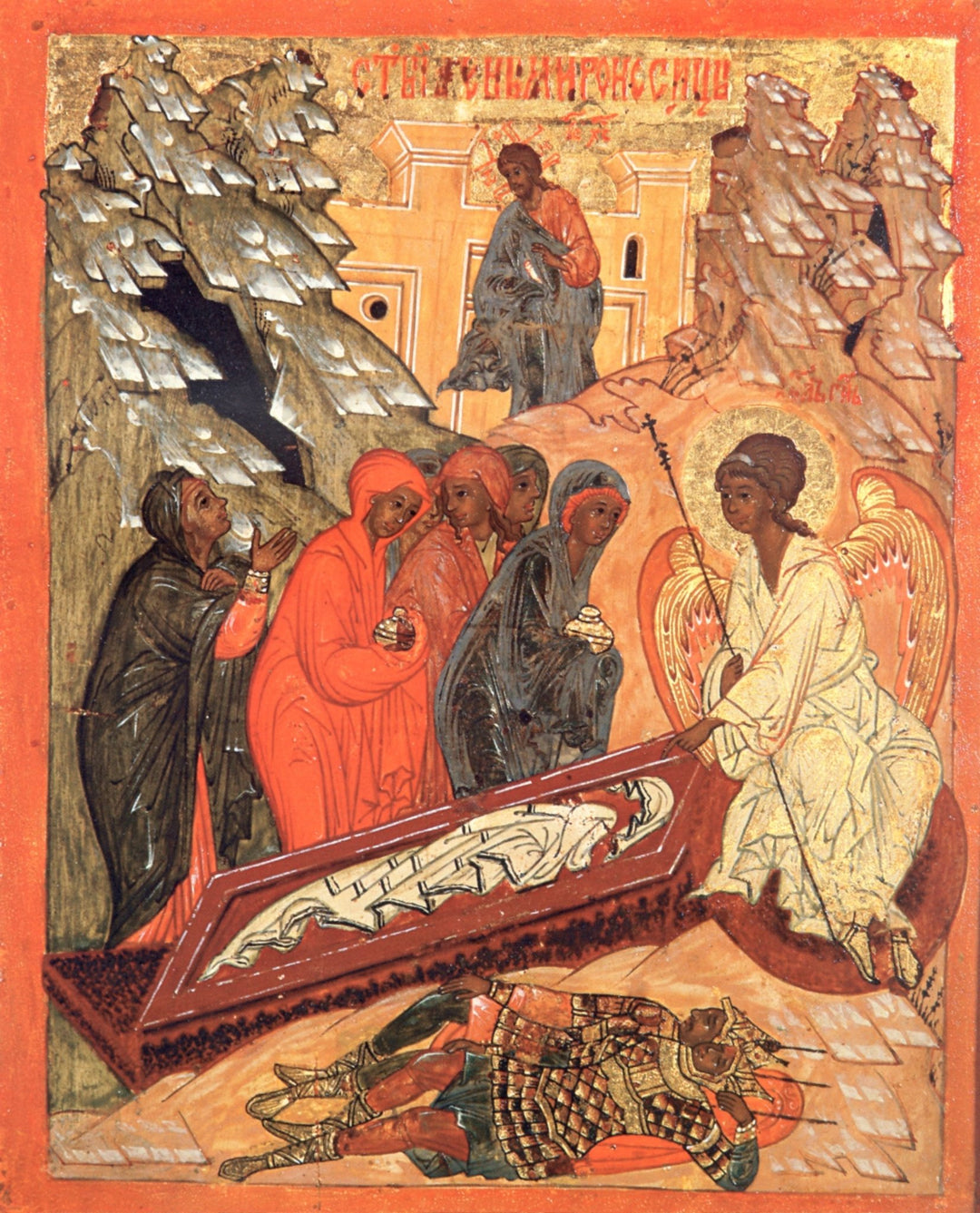
If Nicodemus and Joseph are rightly praised for their deeds, the virtue displayed by the women disciples of the Lord on this occasion is even more commendable. Indeed, there are no depths of devotion so profound as those hid within a godly woman’s heart.
Continue reading
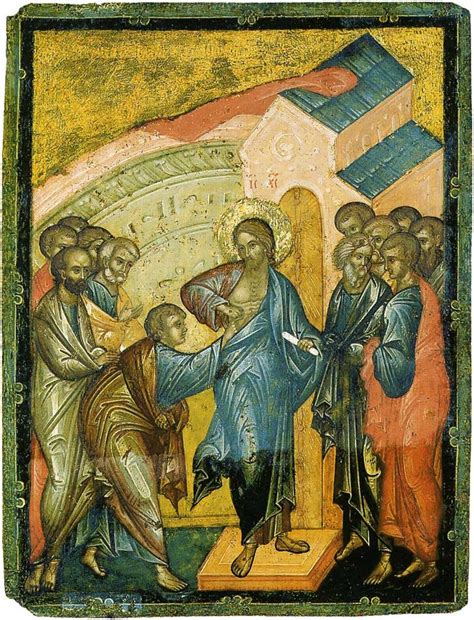
A significant aspect of faith is its opposition to doubt. Where doubt debilitates, faith gives life; where doubt breeds cowardice, faith produces courage; where doubt gives birth to smallness of soul, faith enlarges the heart.




